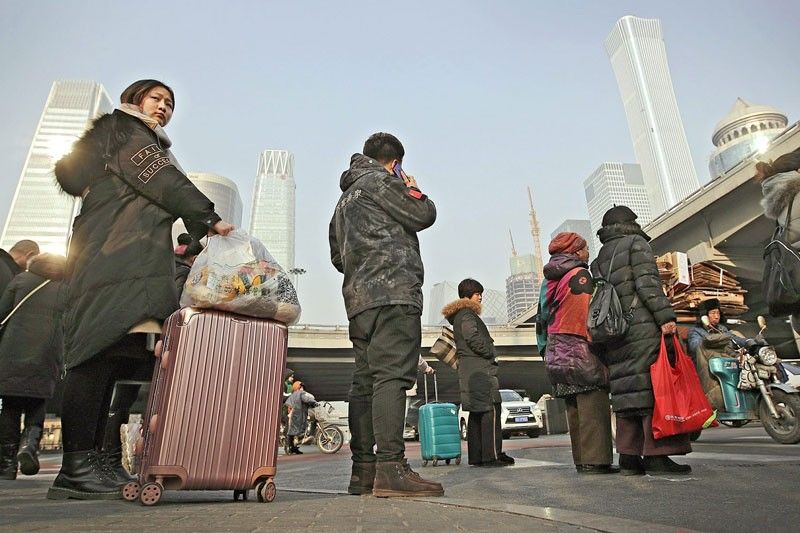China slump hammers consumer spending

BEIJING – Yu Mingang had a good job helping Chinese manufacturers prepare to sell shares to the public until the cooling economy derailed those plans.
As demand for auditing services sank, the 25-year-old accountant in the eastern city of Hangzhou was laid off in December. Yu tightened his belt: No more movies or eating out. He put off buying a computer.
“I pay rent out of my savings,” Yu said.
The downturn is squeezing urban workers and entrepreneurs the ruling Communist Party is counting on to help transform China from a low-wage factory into a prosperous consumer market.
Headline economic numbers still look healthy. Growth in 2019 is forecast at more than six percent, down only slightly from about 6.5 percent last year. But it is propped up by higher government spending, which masks sharp declines in other areas. Those are spooking the public and discouraging spending, which could make the downturn worse.
A tariff war with Washington over Beijing’s technology ambitions is adding to anxiety over job losses and tumbling sales of cars, real estate and consumer goods.
“I am worried about my job security and have cut spending on everything including clothes, vacations and changing smartphones,” said He Siying, who works for an investment consulting firm in Beijing.
He, 32, was rattled when friends were laid off. One found a new job but the employer wanted her to work six days a week.
“I really dare not spend much,” said He, who has a one-year-old son.
That anxiety is hitting China’s trading partners and global companies that increasingly count on Chinese consumers.
Apple Inc., General Motors Co., jeweler Tiffany & Co. and others say sales are down. Auto purchases shrank in 2018 for the first time in three decades. Japan and South Korea report lower exports of components for smartphones and other electronics sold in China.
The decline in economic growth that peaked above 14 percent in 2007 is partly intentional. Regulators clamped down on lending in late 2017 to cool a debt boom. But the downturn was sharper than expected.
The private sector has been hit hard.
“Many people have been laid off. People are having a hard time finding a new job and are panicking,” said Summer Li, a 28-year-old product manager for an electronics company.
Yu, the Hangzhou accountant, said he lost his 100,000-yuan-a-year ($14,000-a-year) job after demand for auditing services fell by one-third. Clients put off plans for stock market listings after profits sank below the level required by regulators.
- Latest
- Trending


























